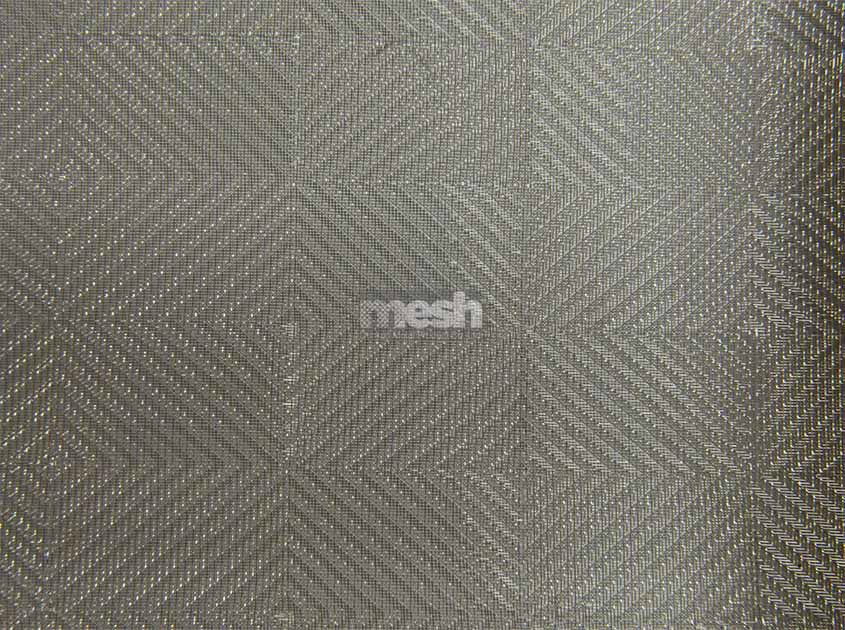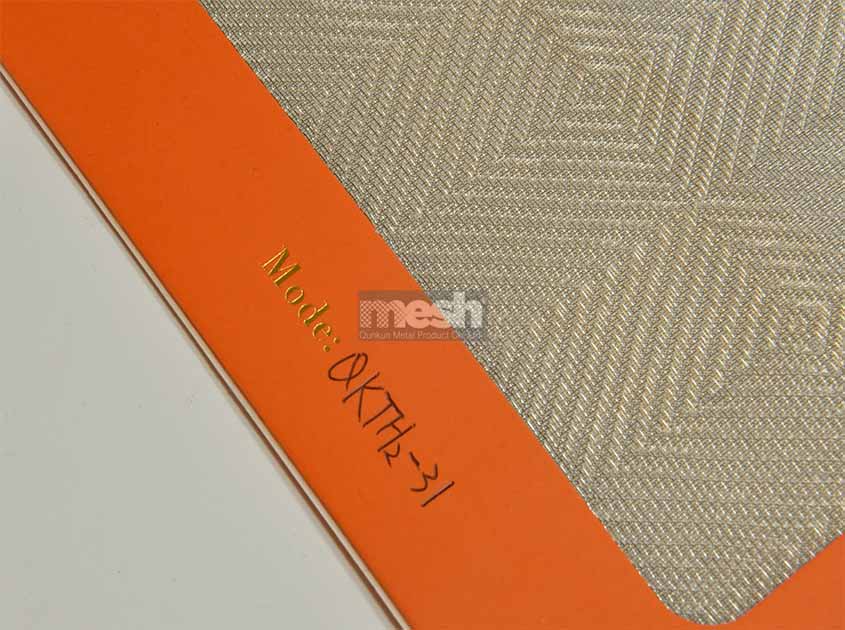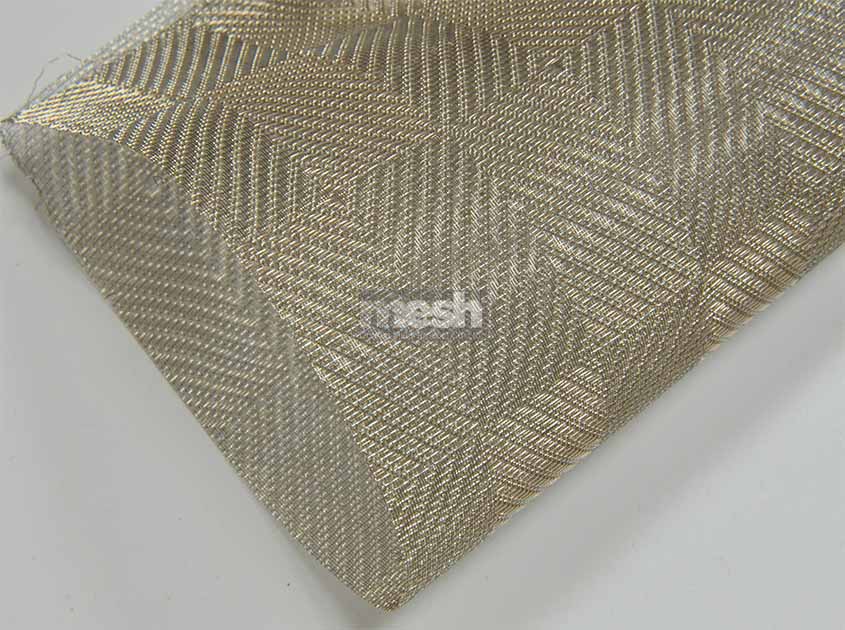Flexibility and breathability:
As a flexible material, Textile woven mesh has excellent bending and tensile properties. This makes Textile woven mesh ideal for use in wearable technology such as smart watches, smart clothing and health monitoring devices. It can adapt to the curves and movements of the human body, providing a comfortable wearing experience. In addition, Textile woven mesh also has good breathability, which can promote air circulation, reduce sweat accumulation, and improve the wearer's comfort.

Flexible electronics technology integration:
Textile woven mesh has the ability to integrate flexible electronic technology, providing a key platform for future wearable technology. By embedding components such as conductive lines, sensors and batteries in Textile woven mesh, monitoring of body status, movement and environment can be achieved. This opens up possibilities for applications such as smart health monitoring, exercise tracking and biofeedback. Textile woven mesh can closely combine electronic technology with clothing or other textiles to achieve seamless integration and provide users with a more intelligent and personalized experience.

Customizability and innovative design:
The manufacturing process of Textile woven mesh is relatively flexible and can be customized according to different needs. This customizability makes Textile woven mesh an ideal material for innovative design and personalization. It can be presented in various colors, patterns and textures to meet users' needs for fashion and personality. In addition, Textile woven mesh can also be combined with other materials, such as nanomaterials, optical fibers, etc., to create more diverse and functional wearable products.

Sustainability and environmental friendliness:
As a sustainable material, Textile woven mesh meets the environmental requirements of future wearable technology. It can use renewable fiber materials such as organic cotton, bamboo fiber and recycled polyester fiber. The use of these materials helps reduce reliance on limited resources and lowers the environmental impact of the production process. In addition, the reproducibility and recyclability of Textile woven mesh also help reduce waste generation and promote sustainable development.
Through the analysis of the above four aspects, Textile woven mesh is considered to be a key material in future wearable technology. Its flexibility and breathability enable it to provide a comfortable wearing experience, the integration of flexible electronic technology makes it a platform for realizing intelligent functions, its customizability and innovative design enable it to meet individual needs, and its sustainability and environmental protection make it in line with requirements of sustainable development. The wide application of Textile woven mesh will promote the development of wearable technology and bring users a more intelligent, comfortable and environmentally friendly experience.
Recommended News